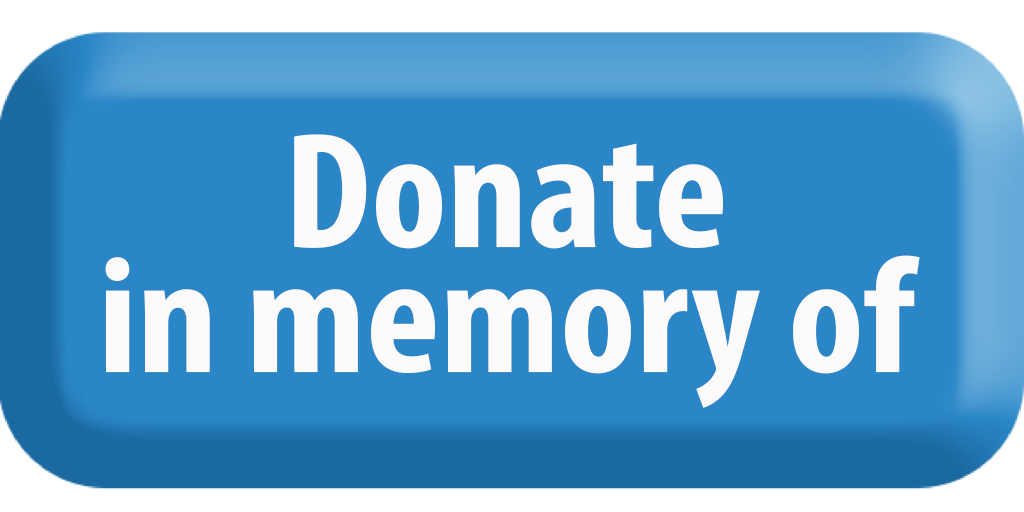Dear Hope Nation,
“I never intended this, of course.”—first sentence of What Trouble Looks Like, my first, unpublished novel.
Yesterday I wrote about Mary Jordan, and how her perhaps unfounded faith in me led to a positive outcome. Today I move to the darker side of life and write about Scott Davis, and how his faith in me was betrayed.
Twenty years ago, I was special education director at a local high school. My wife and I had split up, so my daughters spent half their time with her and half with me, which gave me two nights a week and every other weekend to begin drinking the way I had apparently always wanted to. The increase in alcohol wasn’t immediate, of course, but it was a steady progression with only brief intervals of decline. Seven years later, I’d be homeless, homeless and suicidal, but that’s later. Scott Davis is who I want to write about now. (Mary Jordan is a real person and that is her name. Scott Davis is the name I used for the real person in the novel mentioned above. For what it’s worth, Jonah Moses is the narrator and Keith stand in.)
Nineteen years ago,
I started an alternative school in the same town where I’d been special ed
director, and that’s when Scott and I came together. Scott was an
elementary-school teacher who’d been toying with leaving education to go into
sales. Using a certain pied-piper ability, I convinced him to come work with me
instead. In retrospect, I think his choice worked out well for him in the long
run. Over the next three years, though, I made it a pretty bad awful
horrendous decision.
At first, I was a mentor to Scott, and we did a good job of working with kids for whom public school hadn’t worked. Quickly, though,my ego—enhanced by nights of alcohol—left Scott in an uncomfortable spot. While I had and have an ability to think and react creatively in the moment, being outside any structure and drinking steadily at night rendered my judgment and methods erratic, if there was any judgment or method at all. I’d rather not list my behaviors; instead, I’ll suffice with the clear-eyed observation that I had stopped being a director or a teacher. I wanted to lead a cult. Scott was there the whole time, watching a man he’d looked up to and respected become, like Colonel Kurtz in Apocalypse Now, a man who looked only to the jungle for guidance.
No real crimes were committed—I did allow underage students to smoke on daily walks—but I transformed the school into a dark carnival, and assumed Scott approved and would keep quiet. (And isn’t it one of our shining truths that expecting people to keep quiet is a sign you’re doing something wrong? It is.) Scott could smell the stale alcohol on my breath, see education fade away and amusement take its place, watch a man he’d loved and respected dissolve into a boozed-up caricature of himself.
After three years, in July of 2004, I was fired. More accurately, after three years, I was given the opportunity to resign in lieu of being fired. My drinking had become noticeable to all, my judgment was unsound and I needed to be terminated. It was the right thing to do, and would have been justifiable a year or more earlier. Still, I considered Scott an ally, and was surprised he didn’t respond to any of my texts, call or emails. In sober retrospect, I had betrayed his trust, complicated his life and gone from being a mentor to an infected albatross.
My recovery pathway/tradition/call-it-what-you-will, suggests that I contact people I’ve screwed over to take responsibility for my actions, apologize and try to make reparations. After I’d been sober a while, I contacted Scott by phone and asked if I could set up a time for the two of us to get together. Every man has a breaking point, and Scott didn’t need me jumping on his long-broken point. His response saddened me, but it’s perfectly appropriate:
“Keith, I don’t have any need or desire to see you. It’s fine you’re sober, so say or do whatever you need to, then leave me alone. You’ve done enough already.”
I mentioned a first novel. There is a second. Although I haven’t shared it with anyone in the 15 years since I wrote it, it was a rewrite of What Trouble Looks Like from Scott Davis’ point of view. Here is the opening:
“I am not here to praise Jonah Moses, for he is a wicked, wicked man. Nor am I here to bury him, for he is not dead, but only locked up. Instead, I need to examine him, for his life and mine have been intertwined for two years, during which time I assumed that he was good rather than wicked.
“Note that I said “wicked,” not “evil.” An evil man looks for that which is good so that he can destroy it. Jonah never wanted to destroy anything except boredom. His wickedness came from the fact that he had no idea nor concern for the consequences of his actions; instead he kept on feeding quarters into the carnival game that he called life, not caring what his actions might lead to. It was all just a game to him. It was not ‘good’ that Jonah saw as his enemy, but ‘boredom,’ not that his victims could take much solace in that.”
As I’ve said repeatedly, we all affect everyone with whom we come in contact. I affected Scott deeply. I am sorry for that.
Still,
You matter. I matter. We matter.
Keith



